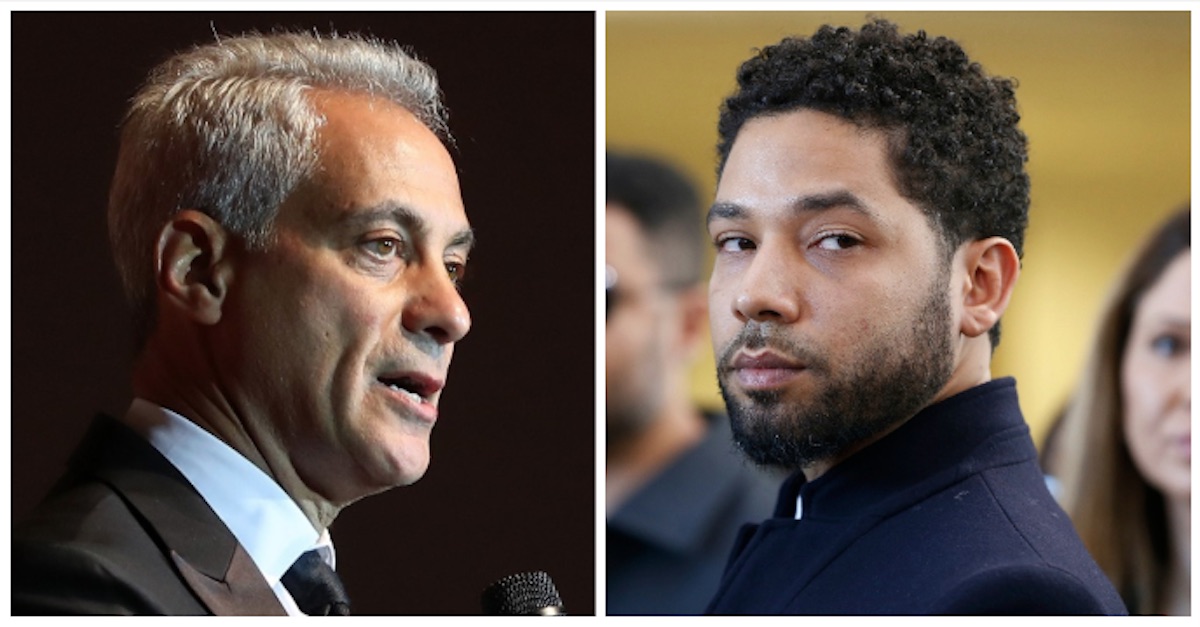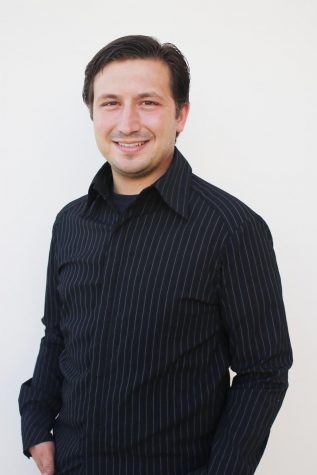On Jan 29, Jussie Smollett, a well-known actor from the television show “Empire,” allegedly staged an attack on himself. According to the original report, two people attacked him, “yelling out racial and homophobic slurs,” “poured an unknown chemical substance” on him and allegedly placed a rope around his neck.
In response, a GLAAD spokesperson said, “Jussie is a true champion for LGBTQ people and is beloved by the community and allies around the world.” Unfortunately, it appears GLAAD spoke too soon. Soon after the attack, it was discovered that the attackers were paid by Smollett and were instructed to purchase the rope from a nearby hardware store.
In what should have been an open-and-close case, indicting Smollett with 16 felony charges for falsely reporting a hate crime and lying to the police, all charges were dropped and his record was wiped clean. In a world in which we decry structural injustice, where fame and fortune and one’s personal identity should never be held above the law, Smollett stands as a shining example of how deeply structural injustice runs in our country.
THE TIMELINE AND WHAT HAPPENED
To understand the case’s build-up, here is a quick timeline:
On Jan 22, Smollett receives a threatening letter which contained a homophobic death threat inside an envelope which reads “MAGA.”
On Jan 29, Chicago police respond to Smollett’s claim of being attacked, and begin investigating the hate crime.
On Feb 1 and 2, Smollett claims that he is “100% factual and consistent on every level,” and “I will only stand for love,” respectively.
On Feb 15, Chicago police investigate the two persons of interest, the two brothers Ola and Abel Osundairo. On Feb 16, a source leaks information to CBS News, claiming that the brothers informed police that they were paid by Smollett to participate in the attack.
On Feb 20, The Cook County, Illinois state attorney files a felony disorderly conduct charge against Smollett. This happens shortly after Chicago police confirm Smollett is a suspect in a criminal investigation. On Feb 21, Smollett turns himself in and a judge sets the bond at $100,000.
On Mar 8, a Chicago grand jury charges Smollett with 16 felony counts for every alleged lie he told the police.
On Mar 26, The Cook County State’s Attorney Office announces that all felony charges will be dropped and Smollett’s record will be wiped. This is in exchange for two days of community service and forfeiting his $10,000 bond payment.
THE RESPONSES
Chicago Mayor Rahm Emanuel and police superintendent Eddie Johnson reaffirmed their stance against Smollett, with Emanuel calling the decision to drop the charges a “whitewash of justice.” And in a separate conference, Emanuel said, “Where is the accountability of the system? You cannot have, because of a person’s position, one set of rules apply to them and another set of rules apply to everybody else.”
This should be the single, bipartisan voice, condemning Smollett for his actions. It is an outrage in our justice system and a shining example of how one’s person’s fame and identity has protected him from justice. Instead of receiving condemnation, he has instead been nominated for an NAACP image award.
INJUSTICE BREEDS INJUSTICE
But the worst part of the case is not merely a mistrial in justice but the shining example of how the justice system aligned itself with the criminal. We live in an imperfect world, full of imperfect people, each given an imperfect perspective of the truth. Justice will not always be served and, as the founders of our judicial system decided, we nonetheless accept the presumption of innocence. It is far better to let more criminals go than to imprison innocent people.
However, Smollett was never tried in a court of law. The preliminary findings confirmed there was enough evidence to proceed to trial, yet the prosecutor dropped all 16 felonies. Instead of prosecuting a criminal, we are celebrating his freedom. This is the greatest travesty in any judicial system.
To quote from a non-religious source, Nietzsche once wrote in “Beyond Good and Evil,” “There is a point in history of a society when it becomes pathologically enervated and tenderized and it takes sides, quite honestly and earnestly, with those who do it harm, with criminals. Punishment: that seems somehow unjust to this society, – it certainly finds the thoughts of ‘punishment’ and ‘needing to punish’ both painful and frightening.”
This is the shining example from the Smollett case. He publically, dishonestly and without any regret funded a hoax to drive a political narrative. And when it came to light, the justice system let him walk without even a trial.
We live in a world in which there is always a chance of a guilty person being let free and an innocent person being punished. But we should not live in a society which publically aligns itself with criminals—that is the eternal sound of the requiem bell for every rotting justice system.








